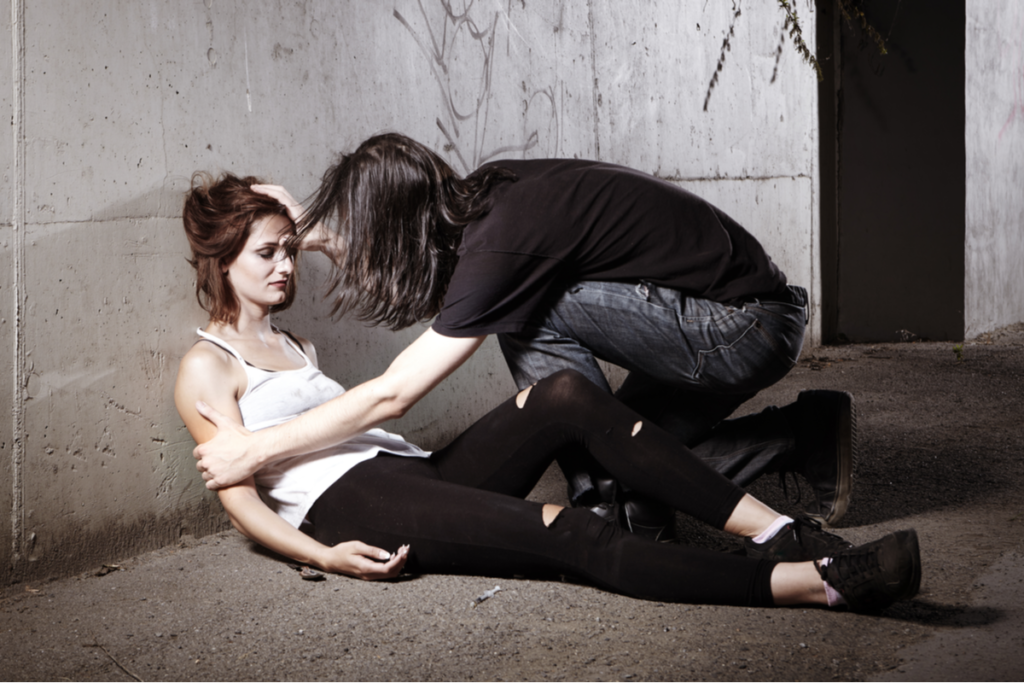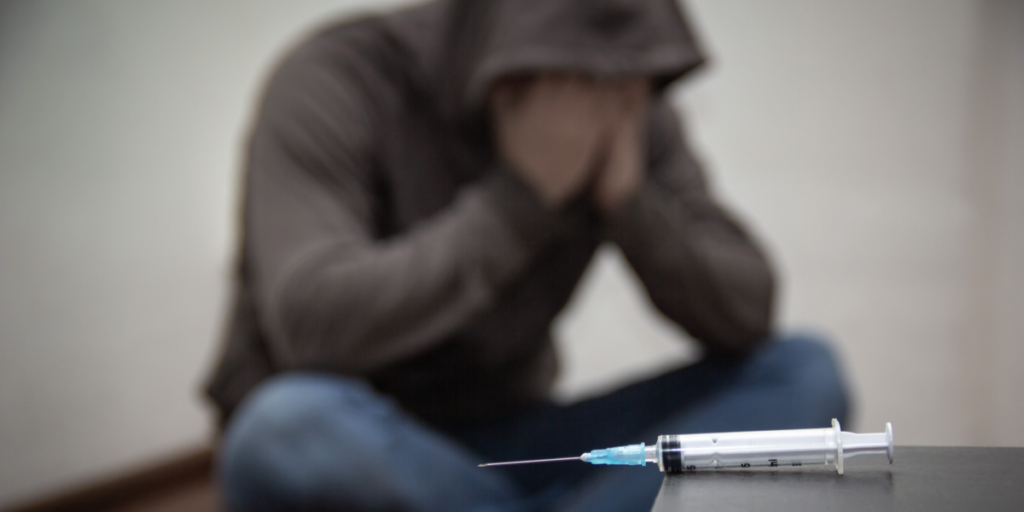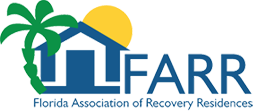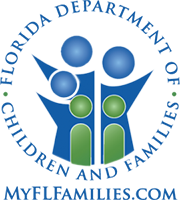How to Recognize the Signs of Heroin Addiction
While the love we have for someone may cloud our vision, it is important to be able to recognize the signs that someone may be struggling with heroin addiction. For those taking prescription opioids, increased attention should be paid to spot trouble, quickly. Often heroin addiction is not openly talked about and typically heroin addicts do what they can to conceal their use. While breaching the subject of heroin addiction may seem scary and uncomfortable, keep in mind an hour of discomfort may be just what a loved one needs to understand they have an addiction and need supportive treatment.
About Heroin Addiction
Heroin is made from opium poppy seeds and is in the opioid drug class. It can come in powder form and be brown or white; or it may be a brown, sticky tar. Users can smoke, sniff, snort, and inject it. However, often heroin addiction is the result of misusing prescription opioids, both of which are becoming more prevalent. Public health officials have declared heroin and opioid use an epidemic, and for the first time in history, heroin and opioid overdose fatalities have surpassed car accident deaths. Previously, it was easy to “doctor shop” or go to multiple physicians to receive prescriptions for opioids, however changes in laws and regulations with insurance companies have since made this more difficult in an attempt to decrease opioid addiction.
Signs and Symptoms a Loved One is Addicted to Heroin

Signs of heroin addiction are subjective and can present differently in everyone. It is dangerous to assume that a successful businessman is somehow except from falling victim to heroin addiction. Childhood trauma, abuse, co-occurring mental health conditions, and genetics have been identified as risk factors for developing addiction. With that in mind, here are some things to keep an eye out for:
- Euphoria or mood swings
- Lethargy or moving slowly
- Pinpoint pupils
- Track marks on arms, feet, or other parts of the body
- Trouble with the law
- Job loss
- Loss of interests or hobbies
- Theft
- Drastic and unhealthy shift in priorities
- Unexplained weight loss
- Lack of proper hygiene
- Irritability
- Disorientation
- Hallucinations
- Nodding off during conversation
- Difficulty breathing
- Decreased motivation
How to Find Treatment for Heroin Addiction
Treatment for heroin addiction addresses both the mind and body. Deciding to attend addiction treatment is a big, but important decision, so do your research before making your selection. Read reviews from a variety of sources, look for facilities that are accredited, ask about patient to staff ratios, and determine what your financial responsibility will be when you complete the program. Having a clear picture of what you’re committing to may decrease some of the anxiety around receiving treatment.
The first step in treatment is typically medical detox and it should be monitored by trained medical professionals who can intervene if necessary. Once heroin is out of the body, the true healing can begin. The Source Treatment Center in Ft. Lauderdale, FL specializes in addiction treatment of all kinds. They will work with you to connect you to one of their detox facilities and will even handle transportation to their location when that is complete. Once you arrive at The Source you will undergo a full medical exam and psychosocial assessment, which will help develop an individualized treatment plan. The Source understands that trauma, history of abuse, and co-occurring mental health conditions often contribute to addiction so a large part of your treatment will address those. This is done by including a variety of different therapies in your treatment so the root causes of addiction can be processed and new, healthier skills can be used to cope with challenging emotions. For more information on The Source, please call us at (800) 204-0418 or online at www.thesourcetreatmentcenter.com.

 The Source quite frankly saved my life and got me back on track, never giving giving up on me. When you are thinking about and looking through all of the different places to go for treatment this is the one that should stand out from the rest.
The Source quite frankly saved my life and got me back on track, never giving giving up on me. When you are thinking about and looking through all of the different places to go for treatment this is the one that should stand out from the rest.




























